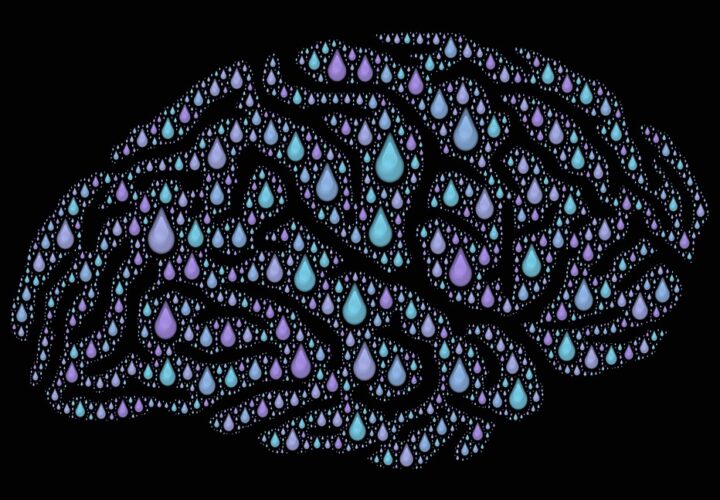After a new dementia diagnosis, scientists spot a higher risk of self-harming behaviors — especially those with underlying mental health conditions like depression.
An estimated 500,000 people in the U.S. are diagnosed with dementia each year. The diagnosis is often accompanied with substantial life changes. For example, up to 40 percent of people with dementia develop depression, which may accelerate cognitive decline further. “This disease brings up the ultimate questions,” said Rebecca Chopp, who stepped away from her work as Chancellor Emerita of the University of Denver when she was diagnosed in 2019. For some, those “ultimate questions” can be very tough to navigate. Accordingly, a research team at the University of New South Wales in Sydney found that people newly diagnosed with dementia are at a greater risk of self-harm within a year of their diagnosis.
“The period directly after diagnosis is followed by a lot of vulnerability for self-harm,” Dr. Adrian Walker, the lead author on the study, told Being Patient. “Making sure at-risk individuals are linked with mental and behavioral health supports early is critical to reducing self-harm.”
Dementia and self-harm
Walker and his colleagues followed two cohorts of older hospitalized individuals for up to 14 years. This included 154,811 people admitted with dementia and 28,972 people admitted due to self-harm injuries. Out of all the people who developed dementia, 652 (0.4 percent) were later hospitalized for self harm. Meanwhile, 870 (three percent) in the self-harm group were later diagnosed with dementia. People with dementia were most likely to self-harm within six to 12 months of the initial diagnosis. People with dementia and other existing mental health conditions were at the greatest risk.
“There is some evidence that self-harm [and/or] mental health disorders may be associated with the early signs of dementia, though the causal direction between the two is unclear,” Walker said. Previous studies have found that depression is associated with 10.5 percent of dementia cases in women and 6.4 percent of total cases in men.
Older Americans are in need of accessible mental health services. According to a report by the Commonwealth Fund, 26 percent of Americans aged 65 or older who have Medicare face financial barriers that prevent them from accessing mental health services. Meanwhile a 2019 survey conducted by the U.S. Substance Abuse and Mental Health Services Administration (SAMHSA) reported that fewer than 50 percent of older adults with mental health or substance use disorders receive treatment.
“The message to clinicians and indeed, the outside world, is that it is really important, once a person gets a diagnosis of dementia, that psychosocial and mental health supports are kicking in straight away, ”One of the leads on the study, associate professor and psychologist Simone Reppermund said. “We would like to see people who are initially diagnosed to get the support very early on to prevent self-harm and suicide later on.”





I’ll bet the direct antecedent to the person’s harm that’s blamed on depression is due to a degraded ability to perform, hence self harm. You-all make it sound like the “harm” is intentional. Like — “I think I’ll hurt myself because I’ve been diagnosed with AD.”
I have been diagnosed with early stages of dementia. I am 77, working with my doctor and enrolled in a dementia drug trial with Lilly. Any suggestions are helpful.
I believe the self harm that manifests in the the elderly diagnosed with dementia in any stage is directly related to a sense of loss and this loss is causing low dopamine levels in their brain and their coping mechanisms they use are attempts at recouping the lost dopamine so where the self harm comes into play is somewhat similar to self harm seen in depressed individuals without dementia they seek to self harm to regain a sense of self and find something to ground themselves and have something they can control that is real and pain is one of the most powerful sensations in the body it will stop all other functions subconsciously so in dementia diagnosed individuals when they get to a point where they lose sense of self and longer feel grounded in the world they once lived they seek to self harm to regain a sense of self by having something they can recognize that is familiar and pain becomes a sort of comfort that allows them to feel something they understand and they can control